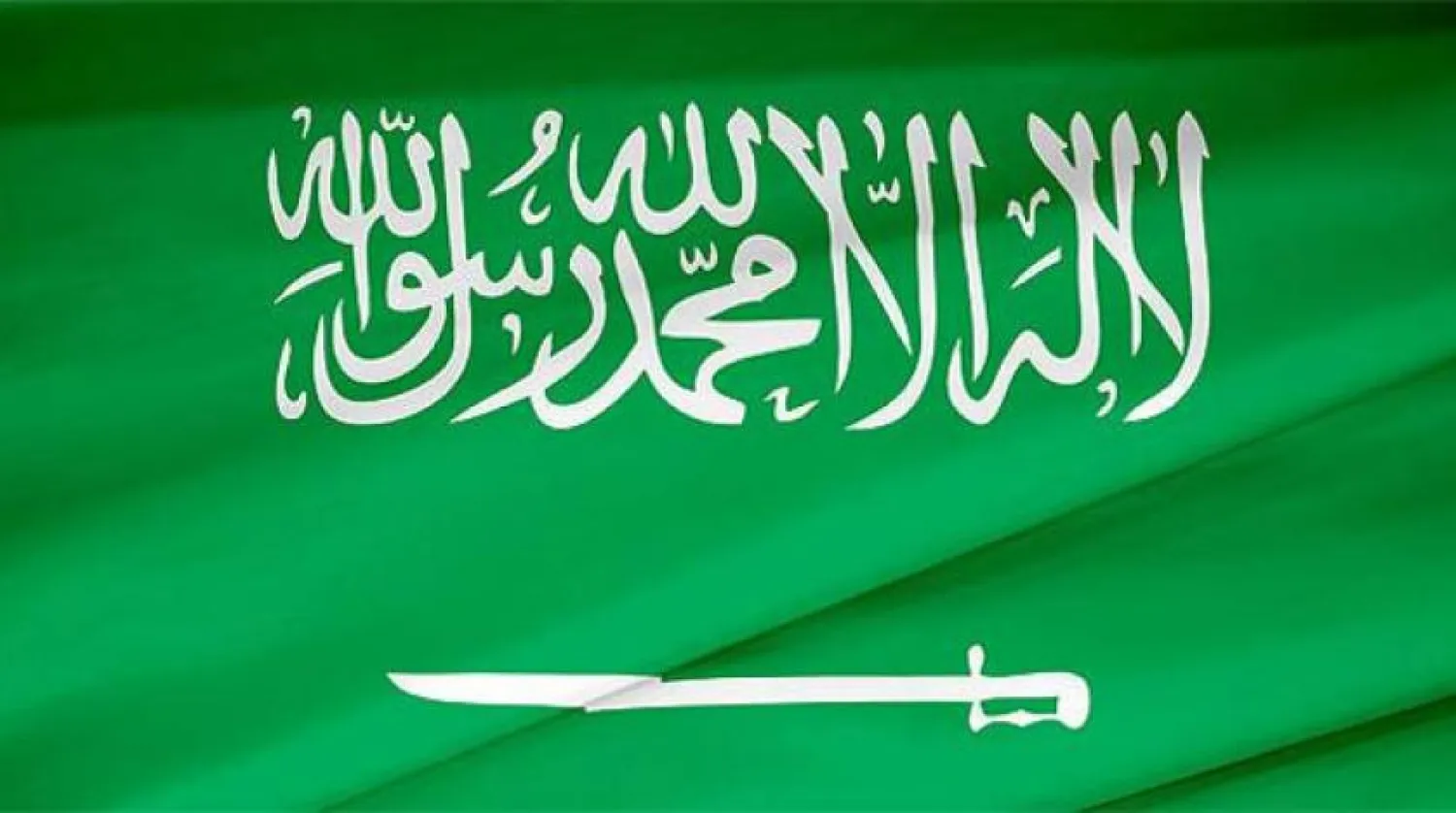Unemployment rate in Saudi Arabia is estimated at 12.9 percent, according to a senior official in the Saudi Ministry of Labor, who pointed out that the majority of this group needs training.
He warned that the public sector alone will not be able to provide jobs as it needs an active contribution from the private sector.
The private sector will bear the biggest burden by 2030 "otherwise the unemployment rate in the local labor market will increase to 23 percent."
University degree holders represent about 50 percent of the total unemployed, and 30 percent of them hold qualifications that do not fit the labor market, explained General Director of business sectors in Saudi Ministry of Labor Al-Rasheed al-Kibsy.
He added that 90 percent of the unemployed lack experience, confirming that 75 percent of the jobs offered by the private sector require little skills and provide low wages, and one percent only of the recruitment platforms work efficiently.
The Saudi official was addressing IKTVA Forum and Exhibition, which is organized by Saudi Aramco to support local content and localization of technology.
He stressed that the Ministry has recently put flexible regulations for women's employment to decrease the rate of unemployed women that has amounted to over 33 percent.
While unemployment among young people reached 7.5 percent, Kibsy noted that unemployment is concentrated in rural areas more than in major cities.
He said that the number of jobs in the private sector amounted to 9.4 million jobs, of which Saudis are hired to 1.9 million jobs.
The Ministry of Labor seeks to reduce unemployment by 2020 from 12.9 percent to about seven percent, Kibsy stressed, noting that the challenge is very huge.
“The public sector has quadrupled in size, so it cannot accept more staff, and the solution would be to generate millions of jobs from the private sector otherwise unemployment would increase to 23 percent by 2030.”
The unemployment crisis is not a single file, and there can be no single decision to absorb the number of unemployed, he said.









